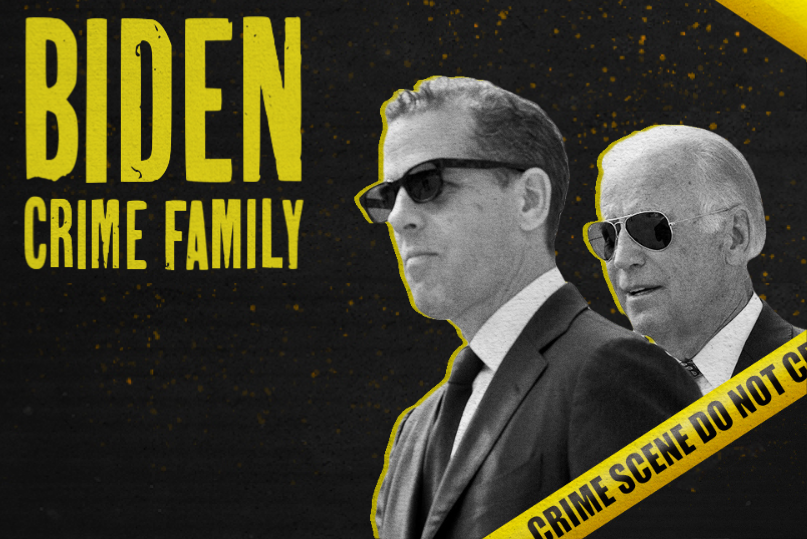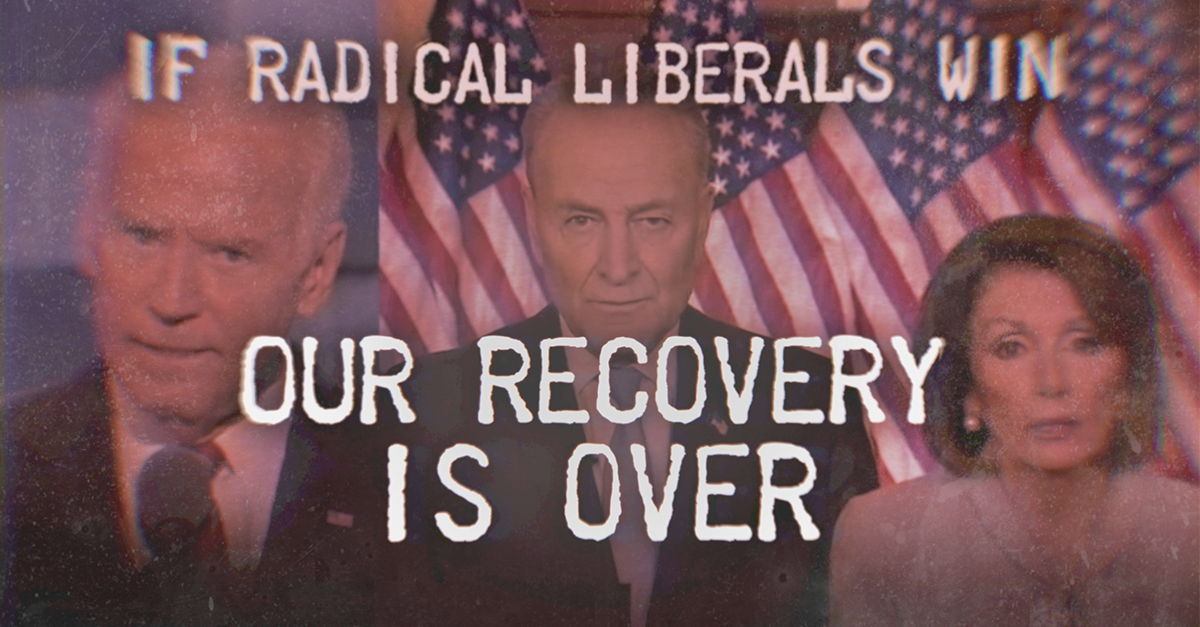
Americans are increasingly skeptical of the mainstream media who frequently spout lies and show a great deal of personal bias when reporting the news.
Despite the knowledge of self-proclaimed expert panelists at CNN, there is much to be learned about our history and current events outside of mainstream media.
According to Curtis Ellis in American Greatness:
CNN purports to show its viewers how the world works. Of course, we know better than that, and I needn’t go through the too-many-to-list examples of how CNN misleads.
The level of deceit is profound.
In fact, I have found that regular viewers of TCM—Turner Classic Movies—will have a better understanding of the world than regular viewers of CNN.
Let’s begin in the Middle East.
CNN and its viewers were gobsmacked by the peace agreement Israel signed with the United Arab Emirates in September.
No surprise, really. For decades, CNN’s parade of “experts” assured viewers peace in the Middle East could only come about when Israel made an agreement with something called “a Palestinian state.” This “two-state solution,” the reigning wisdom of the foreign policy establishment for over 70 years, has ossified into dogma. And it was all viewers would know about if they watched CNN.
But TCM viewers have a far better education about this complex part of the world by watching “Lawrence of Arabia,” the classic 1962 Academy Award winner.
This historical drama follows the adventures of British officer T.E. Lawrence as he leads what history records as “the Arab Revolt” against a crumbling Ottoman Empire in the midst of World War I.
Aside from spectacular National Geographic caliber footage of some of the most breathtaking scenery in the world, the film’s insights on the creation of the modern Middle East do far more to illuminate the current situation than canned commentary from Christiane Amanpour or the other talking heads on cable news. We see how Western diplomats tried to export nationhood the same way a later generation of adventurers tried to export democracy to a tribal society.
While Lawrence fantasized about “the Arabs,” his Bedouin fighters were loyal to clans, not a national identity. As Bedouin leader Auda abu Tayi (Anthony Quinn) tells Lawrence, “The Arabs? The Howeitat, Ajili, Rala, Beni Saha; these I know. I have even heard of the Harif. But the Arabs? What tribe is that?”
His heirs insist those were not Auda’s own words or sentiments, but the fact remains allegiance to tribe or clan supersedes nation in that part of the world.
That’s why the United Arab Emirates, a federation of seven emirates each governed by its own ruler, has proven more successful than the artificial “nations” invented by British and French diplomats. As Quinn’s character puts it to Omar Sharif, “Being an Arab will be thornier than you suppose!”
The foreign policy geniuses in thrall to the same thinking that led them to carve failed nation-states from the Ottoman empire insist on making the same mistake by seeking to draw a fantasy “Palestinian State” on the map. One suspects the local clans of Ramallah, Nablus, Jenin, and Hebron are better equipped to govern than the corrupt kleptocrats of Fatah and the so-called Palestinian Authority.
Some of the film’s juiciest insights come from the mouth of Mr. Dryden, the fictional head of the British Foreign Office Arab Bureau played by Claude Raines at his oleaginous best.
Informing Lawrence of the Sykes-Picot agreement, the Anglo-French plan to divide the Middle East into “nations,” Dryden sums up the diplomat’s approach to truth: “A man who tells lies, like me, merely hides the truth. But a man who tells half-lies has forgotten where he’s put it.”
Dryden describes Lawrence and General Allenby, head of the crown’s Egyptian Expeditionary Force, with this parched assessment: “one of them’s half-mad—and the other, wholly unscrupulous.”
The suck-ups at CNN would have us believe politicians, generals, and diplomats are our betters; sensible, wholly virtuous truth-tellers without a smidgen of self-interest or deceit amongst them. TCM presents quite a different picture, and in the final analysis, it is one that is closer to reality and therefore more useful for understanding how the world really works.
TCM also holds lessons for matters closer to home. We learn vital lessons from such varied offerings as “Guys and Dolls,” “Midnight Alibi,” “Bombshell,” and “Ace in the Hole.”
“Guys and Dolls” and “Midnight Alibi,” based on Damon Runyon stories, take us beyond theories of race, gender, and systemic what-have-you to show gangsters, gambling, and sex as intrinsic parts of America’s socioeconomic system, the former linked to police and politicians more closely than official history would like to admit. Efforts by do-gooder reformers and social justice warriors to make the world squeaky clean and society risk-free are as futile as shoveling shit against the tide.
That is not to say man (and I do mean men) cannot be improved—we can, but it’s not necessarily by legislation. “Guys and Dolls” shows us how it works.
When you see a guy reach for stars in the sky,
You can bet that he’s doing it for some doll.
When a lazy slob takes a goody steady job,
And he smells from Vitalis and Barbasol,
Call it dumb, call it clever
Ah, but you can get odds forever
That the guy’s only doing it for some doll.
Those lyrics beat an advanced degree in gender studies for understanding human dynamics.
TCM also does a better job than CNN in helping understand news media itself.
We see in the 1933 Jean Harlow pre-code romantic comedy “Bombshell” that the stories leading the news were typically planted by someone (other than reporters) whose agenda typically was something other than telling the truth. So much for anonymously sourced stories.
Billy Wilder’s 1951 desert noir “Ace in the Hole,” starring Kirk Douglas, exposes the power of the news media to manipulate people and the corrupt dynamic between ambitious reporters and politicians. From these films we can gather it was common knowledge there was a story behind the story in the paper. That’s something CNN would never admit to.
So dear readers, for those wishing to gain a better understanding of the world and what makes it go ’round, I suggest occasionally switching the channel from CNNMSNBCFOXCBSABCNBC to TCM.
You’ll learn that we don’t have to take something literally to take it seriously.
And you’ll learn that we’ve forgotten more than we know. The greatest deficit today is not in the budget or in foreign trade—it’s in common sense.




